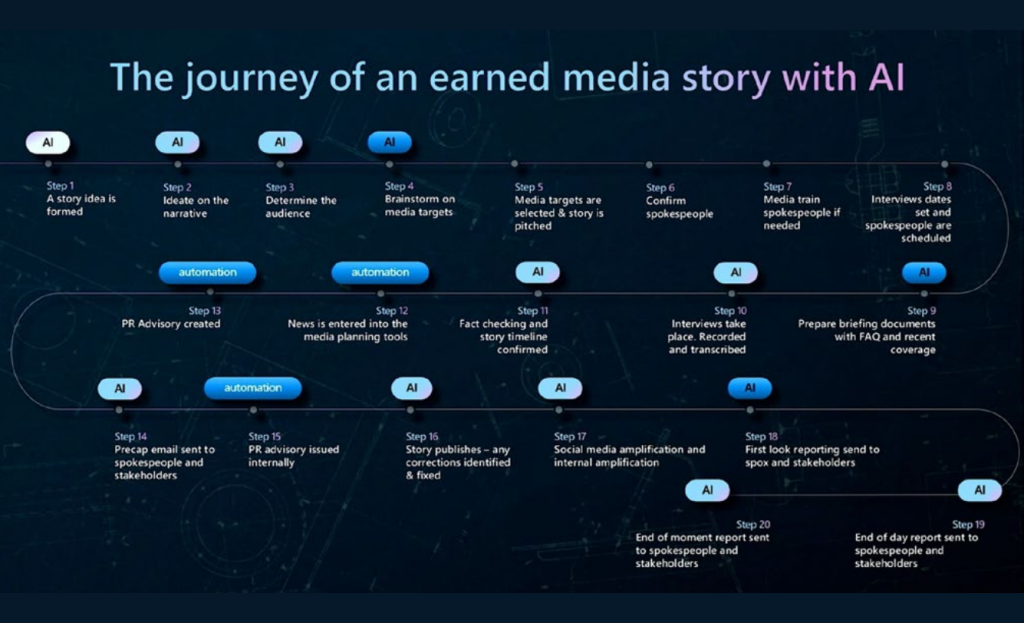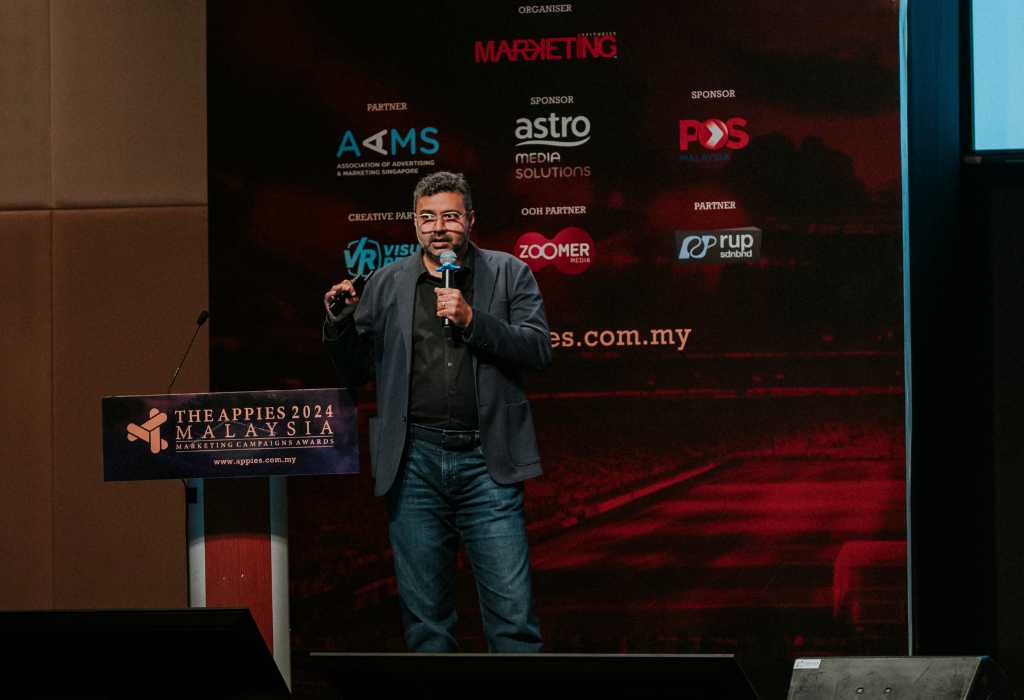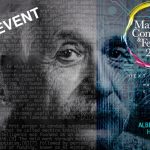Industry experts predict that within the next five years, 90% of online content will be created or inspired by AI, adding an estimated $16 trillion to the global economy. AI Maximalists vs. AI Sceptics AI maximalists foresee a future where AI surpasses human capabilities, and AI sceptics doubt the effectiveness and reliability of AI technologies.
Claude Shannon, an AI maximalist, envisions a future where humans are to robots what dogs are to humans. On the other hand, Jaron Lanier, a prominent AI sceptic, dismisses AI as overhyped and underperforming.
Hype Cycle and Exponential Growth
AI’s journey is often depicted on the Hype Cycle, showing initial excitement, followed by disillusionment, and finally, a plateau of productivity.
Jamshed emphasised that we are experiencing exponential growth in AI capabilities, particularly in generative AI. This technology is now multimodal, making it harder to distinguish AI-generated content from human-created content.

AI’s Impact on Productivity
AI is set to revolutionize workplace productivity, with predictions that 40% of working hours across industries will be impacted by large language models (LLMs).
Boston Consulting Group (BCG) found that consultants using AI finished 12.2% more tasks on average, completed tasks 25.1% faster, and produced 40% higher quality results than those without AI assistance.
Organisational Readiness
Organisations must overcome challenges such as data quality, AI governance, and management sponsorship to successfully integrate AI into their operations. Developing AI usage policies, experimenting with AI tools, and deploying test tools for daily use are crucial steps toward building AI readiness.

New Digital Divide
The integration of AI is creating a new digital divide, distinguishing between the ‘AI Class’ and the ‘Knowledge Class.’
The AI Class recognizes and appreciates AI’s role in enhancing work quality and efficiency, leading to greater job satisfaction and less stress.
Conversely, the Knowledge Class, apprehensive about AI, experiences stagnation in work quality and increased stress due to concerns about job replacement.
MARKETING TO AI
‘Marketing to AI’ is where AI-driven systems respond to consumer queries with the best product recommendations based on availability and service support.
This approach underscores the need for brands to optimize their presence and service offerings for AI algorithms, ensuring they are the recommended choice.
Trust and Regulation
The 2024 Edelman Trust Barometer revealed that people are divided on AI acceptance, with many more likely to embrace AI if scientists and ethicists are involved in its development.
Organizations must invest in AI readiness, embrace human creativity, and develop trust through ethical AI practices. By doing so, they can leverage AI’s potential to drive innovation, productivity, and customer engagement in the digital era.
Article taken from Marketing Weekender Issue 411.
MARKETING Magazine is not responsible for the content of external sites.











